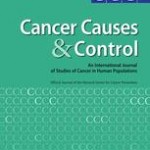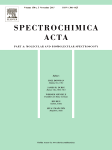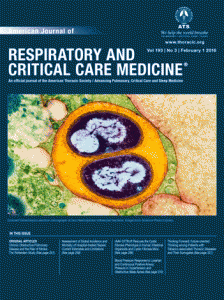

A Toronto hospital network is keeping two researchers’ labs closed even after an Ontario court quashed part of a misconduct finding by the institution.
Some background: After the University Health Network found evidence of falsified data, Sylvia Asa stepped down as Program Medical Director of the Laboratory Medicine Program, the largest hospital diagnostic laboratory in Canada. Due to the investigation, UHN suspended the labs of Asa and her husband Shereen Ezzat. In response, Asa and Ezzat asked an Ontario court to quash the misconduct findings; last month, the court overturned two out of three findings, and asked UHN to reconsider its sanction against the pair.
According to the Toronto Star, on February 4th the UHN notified the researchers that the sanction against them would be upheld, and it would not reopen the researchers’ labs.
The Star spoke to the researcher’s lawyer, Brian Moher who Continue reading Sanction for Toronto researchers upheld despite court challenge








